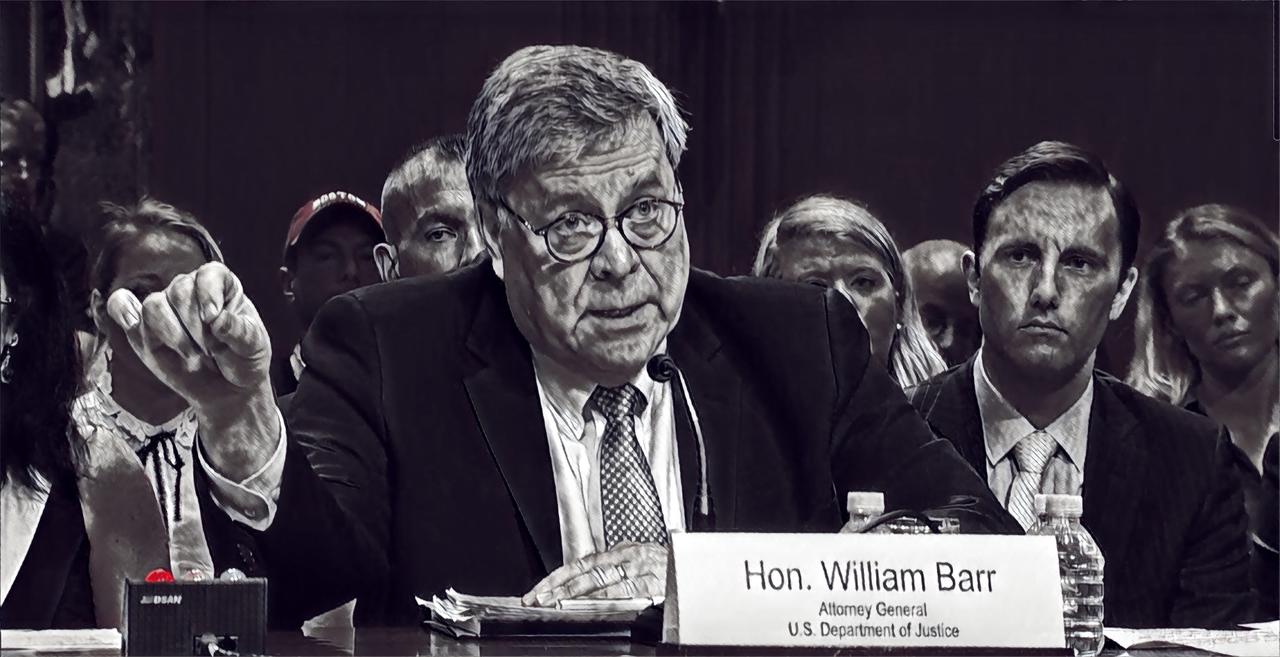Authored by Will Chamberlain via HumanEvents.com,
In June 2018, Bill Barr, then in private practice at Kirkland & Ellis, wrote a detailed legal memorandum to Deputy Attorney General Rod Rosenstein. This memo came to light in December, when Barr was nominated for Attorney General.
Reading Barr’s June 2018 memo alongside the last twenty pages of the Mueller Report is a curious experience.
Together, they read like dueling legal briefs on the meaning of 18 U.S.C. § 1512(c)(2); the type of material one would expect to see from adversarial appellate litigators.
So-why did Robert Mueller dedicate 20 pages of his report to a seemingly obscure question of statutory interpretation? Why did Bill Barr write a detailed legal memorandum to Rod Rosenstein about that very same statute?
And how, exactly, did Bill Barr know that that § 1512(c)(2) was central to Mueller’s obstruction theory – in June 2018, when he was still in private practice at Kirkland?
After some consideration, I arrived at a theory that I believe answers these three questions, and others as well. For example – why was AG Jeff Sessions asked for his resignation the day after the midterms? Why was Bill Barr the only name ever seriously floated for AG? And is it merely a coincidence that six weeks after Barr’s confirmation, the Mueller probe came to an end?
…
This is a story about a legal chess match played for the highest stakes imaginable: Trump’s Presidency – and whether it would be under the cloud of an endless special counsel investigation – hinged on the result.
John Dowd, Ty Cobb, Jay Sekulow, and the rest of President Trump’s personal legal team were on one side. Mueller, Andrew Weissmann, and the Special Counsel’s office were on the other.
The dispute was a year-long struggle over the meaning of 18 U.S.C. § 1512(c)(2).
No judge ever ruled on who was right about the meaning of this obstruction statute. No formal decision was ever rendered.
All the same, Trump’s legal team prevailed on February 14, 2019.
That’s the day William Pelham Barr was confirmed as United States Attorney General.
So why, exactly, was the interpretation of 18 U.S.C. § 1512(c)(2) so contested?
Let’s start by looking the statute, excerpted here:
(c) Whoever corruptly—
(1) alters, destroys, mutilates, or conceals a record, document, or other object, or attempts to do so, with the intent to impair the object’s integrity or availability for use in an official proceeding; or
(2) otherwise obstructs, influences or impedes any official proceeding, or attempts to do so [is guilty of the crime of obstruction]. (Emphasis added).
Why was this so important to Mueller?
…
In hindsight, however, it’s clear that Barr was the assassin Democrats feared.
Within six weeks of his confirmation, the Mueller probe was over…
via ZeroHedge News http://bit.ly/2Vd7u88 Tyler Durden
